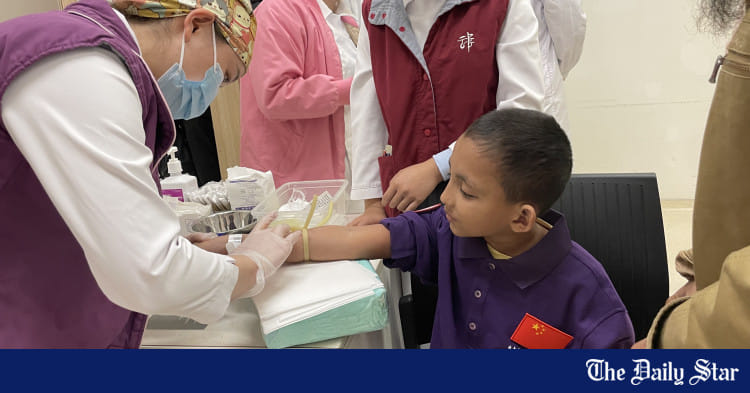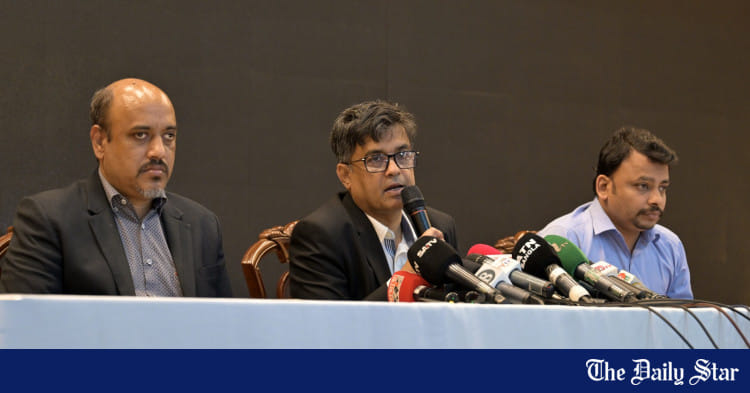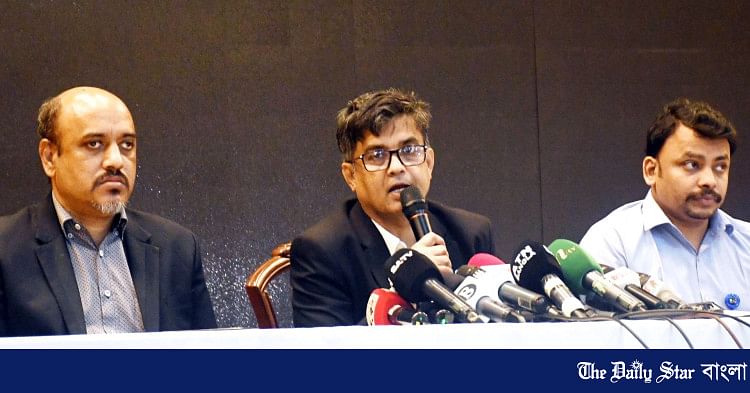- Joined
- Jan 24, 2024
- Messages
- 3,625
- Questions Answered
- 1

Chief adviser to visit China on 26 March
Both sides have been working for around a week over the chief adviser’s China trip, but are yet to finalise the itinerary and agenda.en.prothomalo.com
Chief adviser to visit China on 26 March
Diplomatic Correspondent
Dhaka
Published: 06 Mar 2025, 20: 21
View attachment 15205
Chief Adviser Professor Muhammad YunusFile photo
Chief adviser Professor Muhammad Yunus is set to visit China on 26 March. Efforts are underway to arrange a bilateral meeting between Professor Yunus and Chinese president Xi Jinping in Beijing on 28 March, diplomatic sources in Dhaka confirmed.
According to sources, Professor Yunus will first attend the Boao Forum for Asia (BFA) conference in Hainan province from 25 to 28 March. Later, he is expected to travel to Beijing for high-level discussions with the Chinese president.
Officials concerned said both sides have been working for around a week over the chief adviser’s China trip, but are yet to finalise the itinerary and agenda.
Zhang Jun, secretary general of the BFA, invited the chief adviser to attend the BFA conference in China. Later, the Chinese authorities proposed hosting Professor Yunus in Beijing in March to commemorate 50 years of diplomatic relations between the two countries. The BFA invitation letter mentioned arranging a chartered aircraft from China for his travel to Beijing.
Foreign ministry officials noted that the chief adviser is likely to depart for Beijing in the afternoon of 26 March, following independence and national day celebrations. Considering the long distance between Hainan and Beijing, a chartered aircraft might be used for the chief adviser’s trip, and the proposal of China might be considered here.
The BFA is a platform where political leaders, entrepreneurs, business leaders, and academics discuss key global issues. The conference’s theme is “Asia in the changing world: towards a shared future” and it will focus on development, fostering dialogue, innovative solutions, and assessing practical outcomes to strengthen international cooperation.
Following the political changeover on 5 August, China has been working closely to deepen bilateral relations with Bangladesh. They are trying to showcase their intention by hosting the chief adviser on the golden jubilee of bilateral relations.
The Boao Forum Asia or what is generally known as "Asian Davos" is a forum that takes its name from the town of Boao, located in China's southern Hainan province, which has been the permanent venue for its annual conference since 2002.
The Forum is committed to promoting regional economic integration and bringing Asian countries closer to their development goals.
Initiated in 1998 by Fidel V. Ramos, former President of the Philippines, Bob Hawke, former Prime Minister of Australia, and Morihiro Hosokawa, former Prime Minister of Japan, the forum concentrates on integrating and furthering development of Asian region economies, especially less developed ones.
The fact that Zhang Jun, secretary general of the BFA, invited the chief adviser to attend the BFA conference in China and also proposed hosting Professor Yunus in Beijing in March to commemorate 50 years of diplomatic relations between the two countries is proof that China honors the economic and political relationship with Bangladesh and accords it proper importance and respect.








































